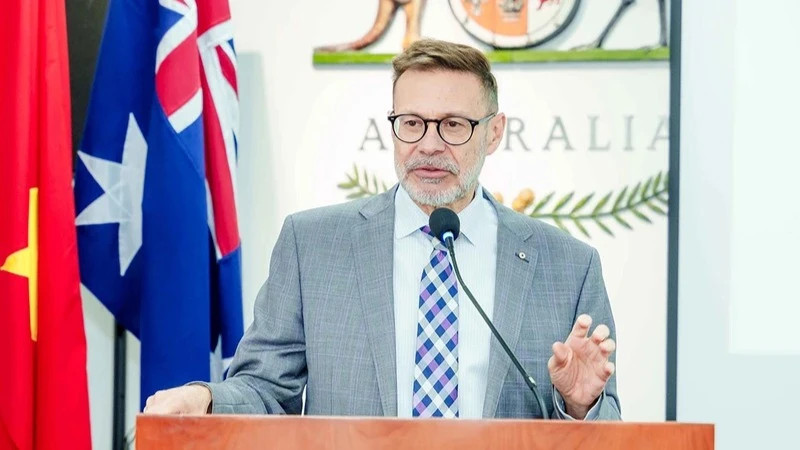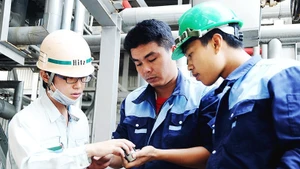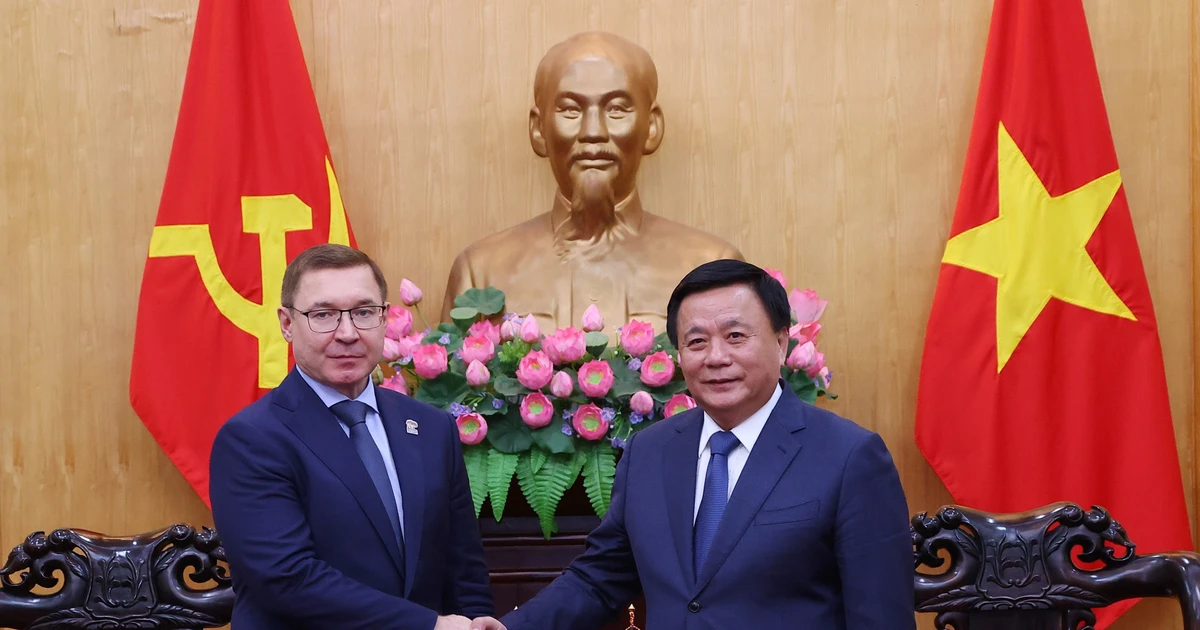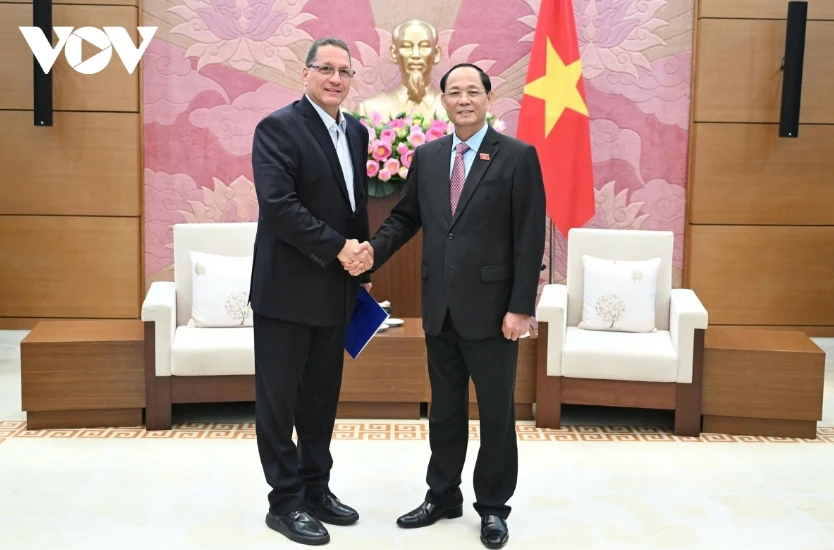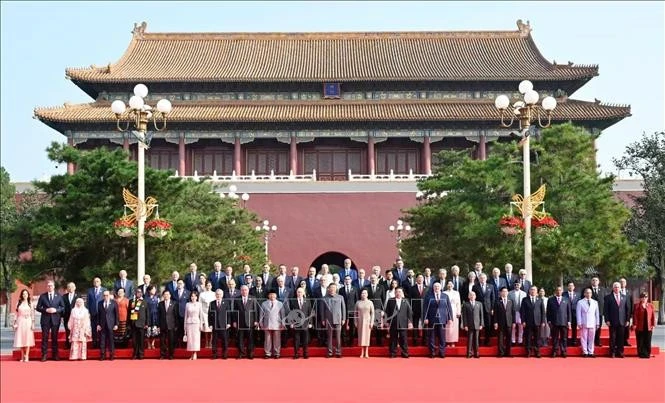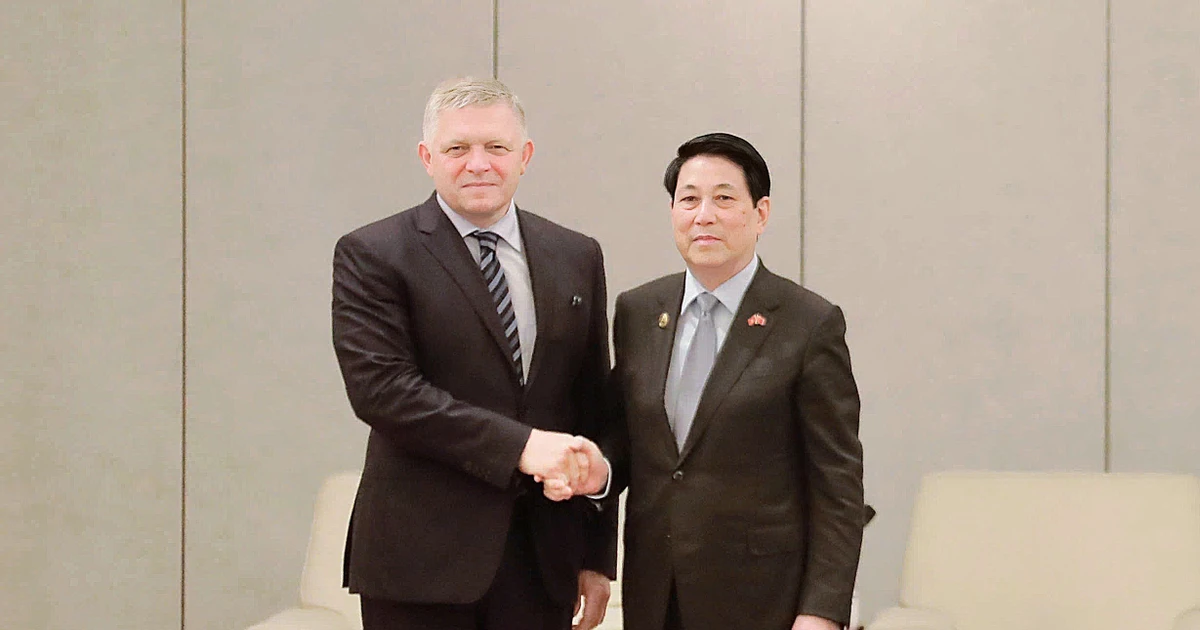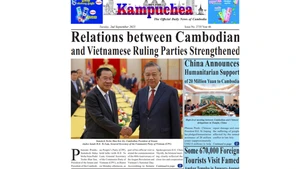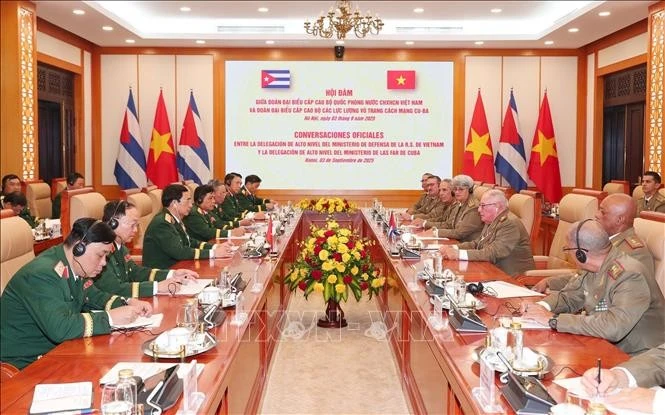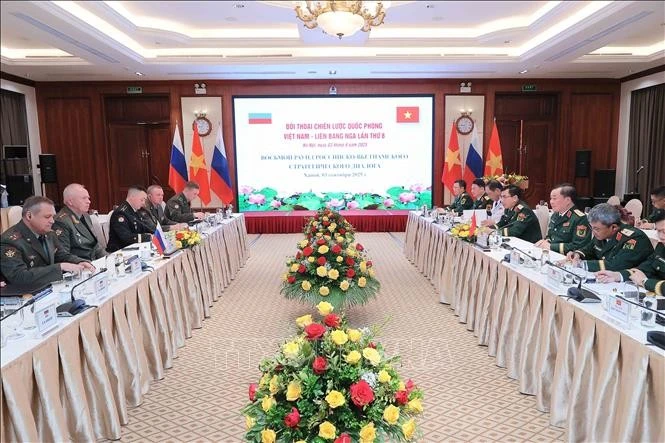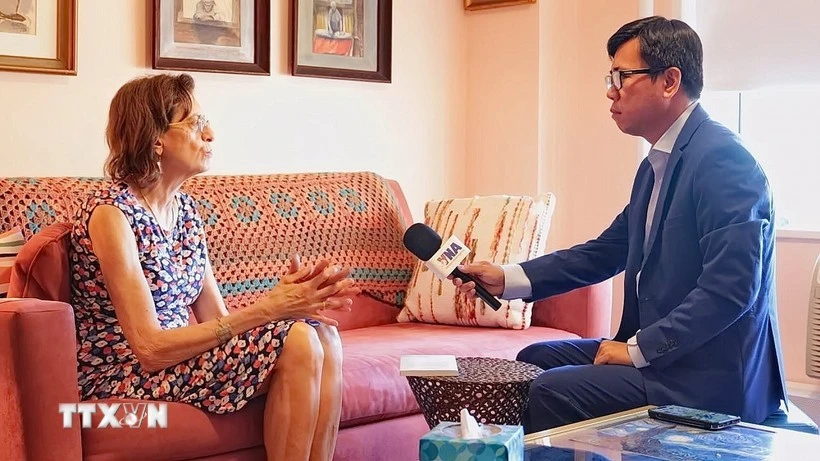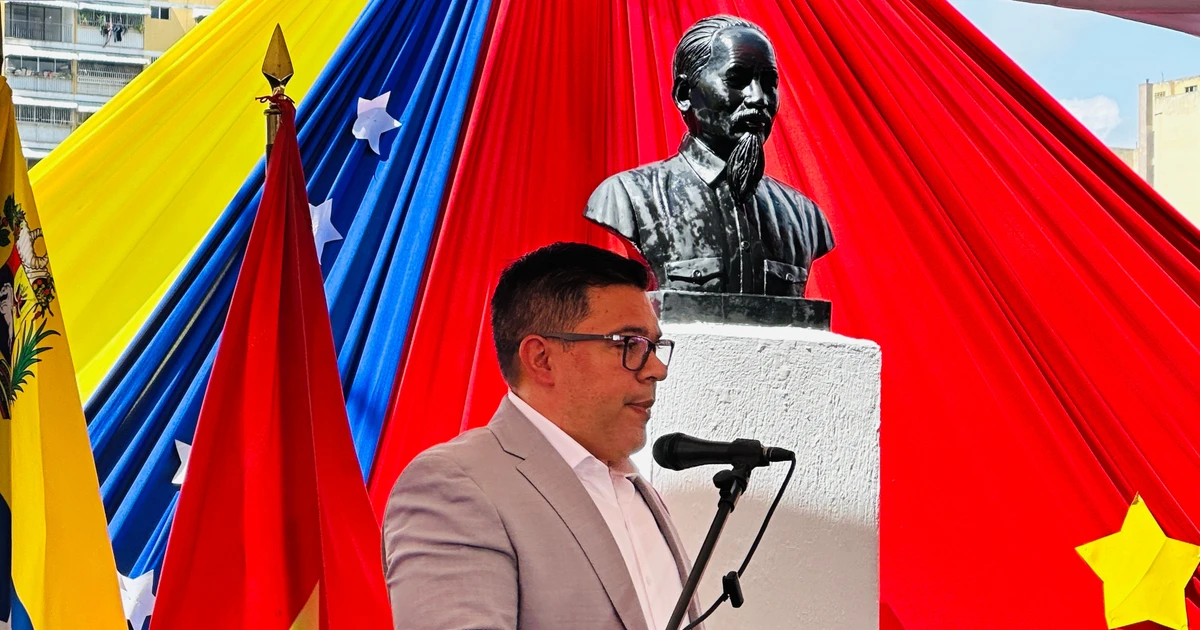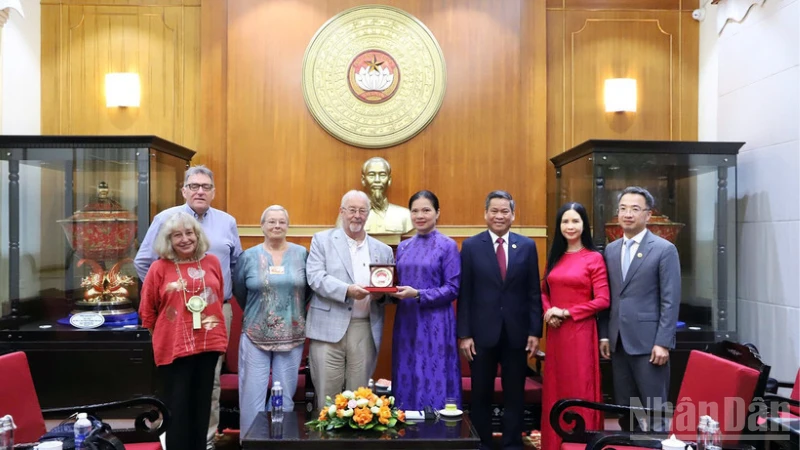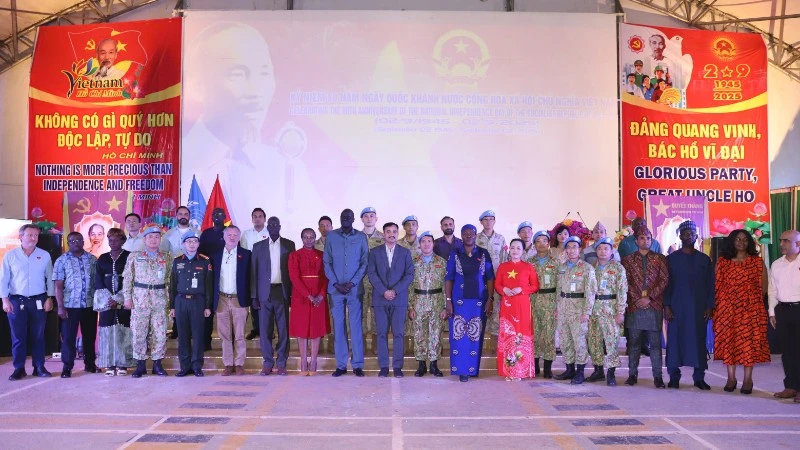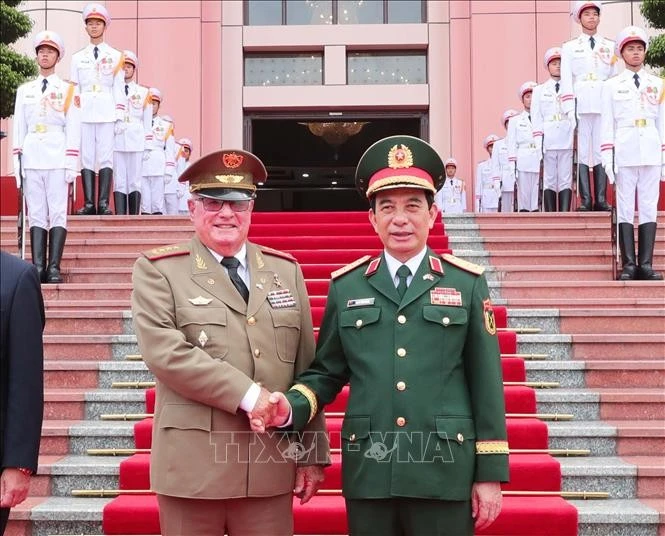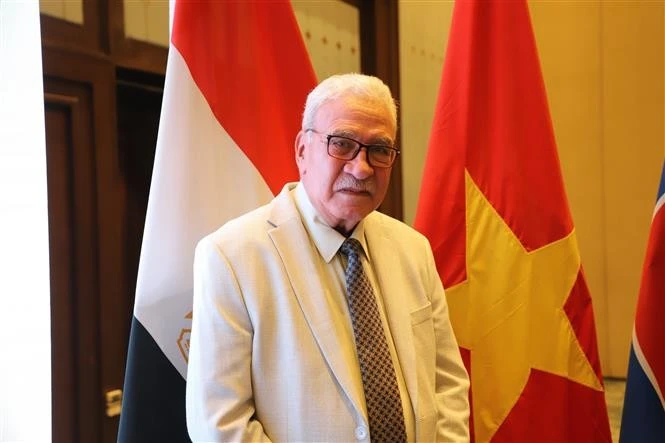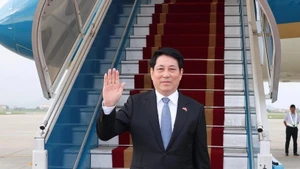Eras of genuine policy and structural reform are rare. But when they do occur, they are often followed by long periods of rapid economic growth. This was Australia’s experience after the reforms of the late 1980s and early 1990s.
In Vietnam also, the late 1980s were a period of bold change - change that established the conditions for decades of success. An elderly Vietnamese engineer explained Doi Moi to me like this: he said it was like a giant mechanical spring that propelled the Vietnamese economy and society forward over many years. But “a new spring is needed to push the country forward again”, he said.
During my time in Vietnam, I’ve come to understand the importance of balance and harmony in the Vietnamese society. This means a balance between innovation-creativity and stability-continuity. I’ve learned that stability is the dominant tendency in Vietnamese history, but that it is interspersed with periods when important changes take place.
Today it feels to me (as a foreign observer) that we are on the cusp of a new era of innovation and creativity. I sense a broad consensus, out there in the population at large, that a new period of renovation is necessary.
On Sunday 1 December, Party General Secretary To Lam delivered a speech to a special conference of the Politburo and the Party Secretariat. Several things struck me immediately.
First, the speech was about actions rather than ideas.
Second, instead of the usual calls for increased foreign investment, infrastructure and energy transition, the focus was on creating the necessary conditions to make all these things happen.
Finally, the language was very direct.
His focus was on the machinery of government and ways to improve its operation. The Vietnam Australia Centre (VAC) within the Ho Chi Minh Academy of Politics has facilitated numerous studies and exchanges on civil service reform. But, for me, the most striking section of the speech was the commitment to double digit economic growth.
Vietnam’s New Era is dawning at a critical time. Global conditions are becoming more challenging. We are in a period of derisking and decoupling, shorter supply chains and possibly higher tariffs. This is not ideal for trading nations like Vietnam and Australia. But Vietnam has some significant advantages. There is enormous interest in Vietnam at a time when global capital is looking for safe havens.
The current geostrategic environment is also difficult. Conflicts, tensions, and realignments are cascading around the globe. Vietnam’s diplomacy is globally admired. In the face of rising geopolitical competition, I expect Vietnam’s engagement with the world to increase.
Vietnam and Australia are unlikely partners. But over 50 years of cooperation have created a relationship of trust and mutual respect. Right now, I have Australian companies ready to invest in Vietnam’s offshore wind capacity, in the processing of rare earths and critical minerals such as tungsten, in digital transformation and agritech, and in higher education. I am hoping our projects will proceed in all these sectors.
You are an important country for us - and not just as a trading partner. History tells us that a peaceful, prosperous, and sovereign Vietnam is essential for the stability and prosperity of our region. And while the challenges facing Vietnam may be significant, they are nothing compared to the challenges Vietnam has previously faced and overcome. The whole world will marvel at Vietnam’s rapid acceleration into a new and exciting future.
